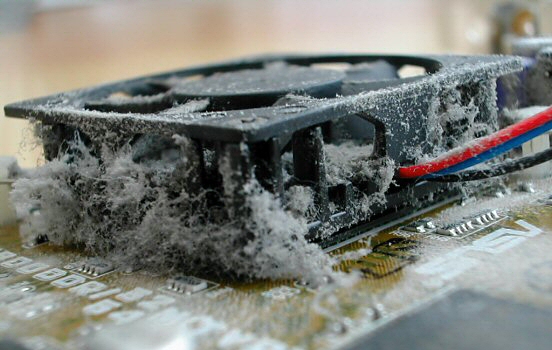When I go to old cities such as Rome, I love to visit the ancient buildings. Some were built over two thousand years ago and still stand before my eyes. But when future historians and archaeologists will rediscover the year of 2007, it is unclear if they will find much of use. Perhaps a bunch of shopping mall remains and broken concrete freeways scattered across the landscape. But there will likely be less traces of our digital achievements.
A lot of people build software applications for a living. Even though endless amounts of code are produced, it still bares down to a sequence of ones and zeros, stored at a less than eternal electrical device. Anybody tried to view an old VHS tape recently?
 Ruins in Rome.
Ruins in Rome.
The Romans used large blocks of stone from their quarries. Today we gently press plastic keys on a keyboard and store sequences of binary data on ferromagnetic surfaces.
In the ancient world, tape stations were the media of choice. Floppy disks soon entered the market and drive letter “A” was commonly used as a designation. The second letter of the alphabet was reserved for a secondary floppy unit, so “C” was used when hard drives started to appear.
After using floppy disks for an eternity, I remember the community outcry when Apple decided to remove the floppy on the iMac G3 in 1998. Fast forward a few years later and people don’t even know it was there in the first place.
 Dust to dust. My old GeForce graphics card in the 1990s.
Dust to dust. My old GeForce graphics card in the 1990s.
It’s in the human nature to make mistakes. Add the fact that common estimates show that every 100 lines of released code contains one to three bugs, and one begin to realize the fragile foundation of the technology we all rely upon every day.
“If builders built houses the way programmers built programs, the first woodpecker to come along would destroy civilization.”
— Gerald P. Weinberg
The marble sculptures of Michelangelo can still be admired today, 500 years after they were created. The code I wrote yesterday will most likely be erased from history within five years. It is the nature of software to be refactored, upgraded and replaced.
What is the legacy of software?
Comments
No comments yet.
Leave a reply